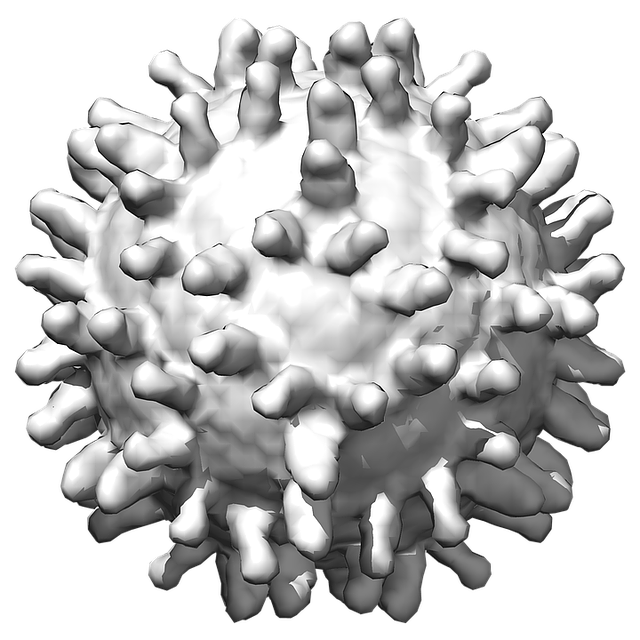The Philadelphia Department of Public Health (PDPH) is reporting 11 human West Nile virus (WNV) cases since August.

Of the 11 cases, health officials say 10 are neuroinvasive cases. Eight neuroinvasive cases were residents >50 years of age, and the remaining two were an immunocompromised 49 year-old, and a healthy 35 year-old.
All neuroinvasive cases were hospitalized. No fatal cases have been reported.
Positive mosquito pools also continued to be identified across the City. The WNV mosquito pool positivity rate in 2018 is higher than the historic median rate (35.8% vs. 3%), and higher than rates observed in 2010 and 2012 (19%—24%), peak WNV activity seasons in Philadelphia. Increased risk for human infection will continue in Philadelphia until the first hard frost occurs.
While most people infected with West Nile virus (WNV) do not develop symptoms, 1 in 5 people who are infected develop a fever with symptoms such as headache, body aches, joint pains, vomiting, diarrhea or rash. Severe illness can strike at any age, however, people over 60 years of age and people with certain medical conditions such as cancer, diabetes, or who have received organ transplants, are at higher risk. Symptoms of severe illness may include headache, high fever, neck stiffness, muscle weakness, stupor, disorientation, tremors, seizures, paralysis, and coma that could lead to death. There is no vaccine or specific treatment for WNV infection.
- Plague reported in eight Madagascar districts
- Sioux Falls: Legionnaires’ disease cases investigated, CDC help requested
- Honduras reports more than 5,000 mumps cases this year
- Lyme: Rapid bacterial transmission following a tick bite shown in European study
- Prion diseases: BU researchers define possible molecular pathway for neurodegeneration, targets for treatment
- Dengue takes the life of Philippine Children’s Medical Center physician, others sickened
- Chicago officials investigate Legionnaires’ disease cases
- Acanthamoeba keratitis: Threefold increase in South-East England since 2011

